
Through These Photos I Want To Encourage More People To Find Out About Rare Disease And The Impact It Has On The People Around Them
I wanted to create a series of images (Rare Beauty) that encouraged people to want to know more about rare disease and the huge impact it has on everyone involved. We can appreciate how hard it can be for individuals and their families but how often do we also think about the people who treat and support them.
For ‘Rare Beauty’ the images recreate every day scenes that people with rare diseases find themselves in, for example, having surgery, meeting the consultant or having treatment. The juxtaposition is that whilst these settings by their very nature are usually sterile, uninviting locations, I have created beauty by styling each shoot so that people are wearing designer eveningwear.
Despite 1 in 17 people being affected by a rare disease awareness is limited. A photograph of someone in an operating theatre, for example, can be quite a scary image but by making it into a beautiful environment it hopefully encourages people to want to know more.
Everyone involved in the photo series is affected by rare disease in some way whether it is the patient, their family or the medical staff. Supporting the images are their individual stories and video interviews which can be read in more detail on the Same but Different website.
I am grateful for the support of Children in Need, Birmingham Children’s Hospital and Alder Hey Children’s Hospital.
More info: samebutdifferentcic.org.uk
A typical day for Olivia’s family starts at 5am and finishes at 1am
Not everyone has a diagnosis for their condition and this can be incredibly difficult for the person who is directly affected as well as their families.
Olivia’s mum, Selina, shares her families experience of living with an undiagnosed rare disease.
“A typical day for us begins at 5am. I have to scrub up to do Olivia’s IV medication at that time, then at 8am, we empty her stoma. Because she is on a strict fluid balance we have to ensure everything she loses is replaced, so we calculate what replacement she needs in 24 hours. This makes sure she does not get dehydrated. I give her IV fluids at home. At 10 am I flush off her TPN, so to do this I have to scrub up again to make sure I am sterile. You make sure everything is clean, spotless, and then you give her more IV drugs. I also put her on IV fluids through her other line and then at 12 o clock I would give her more medication so you scrub up again and again at 6, then again at 9. The last IV is at 1 o clock in the morning. Through the day you are draining all the drains, so she has two bags that come from her gastronomy and her other tube which are on drainage, so we have to replace all her fluid out of them as well as the stoma fluid loss. You have to keep up on that all the time. You take her temperature anywhere between 6 to 9 times a day because she is in danger of getting sepsis. We repeat this routine day in and day out.” Explains Olivia’s mother Selina Baker.
“Once people know Olivia they see her cheeky attitude and see past her condition. She has an amazing personality and just gets on with life because it is all she has ever known.”
Having an undiagnosed condition means living with uncertainty
Olivia is 17 and does not have a diagnosis. She has epilepsy, scoliosis (curvature of the spine) and has had surgery to put steel rods in it. She is also in bowel failure and so she does not have anything to eat or drink at all. Everything she has is through a line in her chest and a catheter that goes directly to her heart, to the main vessel. You have to be very sterile when doing any IV drugs, fluids or the TPN (total nutrition) through her line. The responsibility for all her day to day needs falls to her family.
With rare diseases you are never sure how a body may react in surgery
“The difficulty for us as surgeons is we don’t know how the system is going to behave when the patient has a rare condition. I do a lot of surgery on the intestines and normally I can expect the bowel to behave in a certain way, because of the disease that is involved, or in the recovery after an operation. In some rare circumstances the system behaves quite differently to what we expect and that makes my job difficult because I have to try to follow what is happening to the patient and try to second guess what is going to happen. I may well not be able to predict the way the system is going to behave and it is important that everyone involved is aware of this uncertainty.
I have to take the parents and that child along that journey with me, so they understand where I have got confident expectations of performance and where I don’t know how things are going to behave in relation to either surgery or medications that are given.” explained Anthony Lander a paediatric surgeon at Birmingham Children’s hospital.
Who looks after the spiritual needs of a family whilst they are in hospital?
When people think of hospitals they immediately think of doctors and nurses, and of course they are key, but what about the spiritual needs of patients and their families. One family who have benefited from the support of the Chaplaincy team at Birmingham Children’s Hospital is Victoria and her son Rory who live in Birmingham.
“Rory was baptised whilst in hospital. When we knew he was going to be here for a while we wanted to get him baptised as quickly as possible, because we did not know what was going to happen to him. From that day onwards the team have been so supportive, both Father Gerry and Sister Florence. For me it has been a delight to see them.
You have some really long days at the hospital and they have brightened up my day especially when you are in a cubical in isolation and you don’t actually get to see anyone apart from a nurse coming in and out. It has been lovely to see them and for them to be at the bedside besides Rory.” Said his mother Victoria Blagriff.
Rory’s first 12 months were spent in hospital
Rory is 18 months old and was diagnosed with congenital nephrotic syndrome at 1 month old. He spent the first year of his life in Birmingham Children’s Hospital and was discharged on his first birthday.
A team to support the patients through a difficult time
The head of the chaplaincy team at Birmingham Children’s Hospital is Rev. Paul Nash. In addition to a wide array of specially made shirts he also has a ready smile and the ability to put everyone at ease.
“My role is to head up the multi-faith and ecumenical team of the chaplains at Birmingham Children’s Hospital. We have lots of different faiths, six different world religions and therefore lots of traditions within each. It is a very lively and vibrant team seeking to serve the patients, families and our staff.” explained Rev Paul Nash
“Our role with the families and the patients is to look after and support their religious, spiritual and pastoral needs and care. With the religious care we offer them support in the faith that they belong to. With their spiritual needs, it would be helping them in things like finding meaning and purpose and how they can remain connected in their community. With pastoral care, we would see it as offering a listening ear. We provide that practical support of being there and being alongside the families in their times of joy and struggles.”
People can be curious about Isabella’s condition
Isabella was diagnosed with Moebius Syndrome at 8 months old. A rare congenital disease which causes paralysis in some of the cranial nerves. This means Isabella is unable to frown, smile or blink, she is also unable to move her eyes from left to right, which affects her co-ordination and balance.
“My health visitor was a huge support. The impact of her diagnosis was huge for me and I really struggled and was just at a loss about what to do. I didn’t step outside the door for what must have been two years. The health visitor really helped me by putting me in touch with the right people to support us. Said Carla Seddon, Isabella’s mother.
“Awareness of rare diseases is extremely important for the general public and health professionals. People can be curious about Isabella’s condition and that is fine. I am happy for people to approach me and ask rather than stare.”
The family wanted to take part in this project to help break down barriers.
A team approach to treating rare diseases
Dr Adel Fattah is a consultant plastic surgeon at Alder Hey Children’s Hospital in Liverpool and has a special interest in facial palsy and microsurgical reconstruction. He has been instrumental in the establishment of a specialist team approach in the treatment of Moebius Syndrome at the hospital.
“From my perspective the best way to deal with a rare disease is to try and find people who have experience in it. There are so many rare diseases you can’t be experts in all of them but you can usually find someone with more experience if needed. For myself it’s something called Moebius syndrome and we have tried to build a team approach that allows us to see as many patients as possible. We are able to concentrate on different aspects of their care which might include a speech therapist, a psychologist, a geneticist, all look at different facets of the treatment and care of the child. I would love to see this approach adopted for every rare disease but in the real world we have limited resources. However, many diseases have similar issues and so certain groups of rare diseases could be considered together in clinics, with a similar approach.”
It is not always easy to switch off at the end of the day
Nuria is one of the paediatric anaesthetic consultants at Alder Hey Children’s Hospital.
“At Alder Hey we are a specialist centre and we see many patients with rare diseases and so it really almost becomes normal.
“As an anaesthetist we need to know the pathology quite well before anaesthetising and whilst rare diseases bring their own challenges we are fairly used to treating people with them. If someone has a really, really rare condition we carry out research to understand more in advance.
“It is quite hard to switch off after work to be honest. I always tend to think all of my patients as if they were my family, my relative, and I ask myself what I would like for them, how I would like them to be treated. At times when you come across really difficult and sad stories it is just hard to switch off. I like to spend time out of work with my family, my partner, and by doing hobbies, but at times it’s very hard. You just can’t help but put yourself in that position of the child or those parents. It can be very hard at times.”
6Kviews
Share on Facebook
 Dark Mode
Dark Mode 

 No fees, cancel anytime
No fees, cancel anytime 


















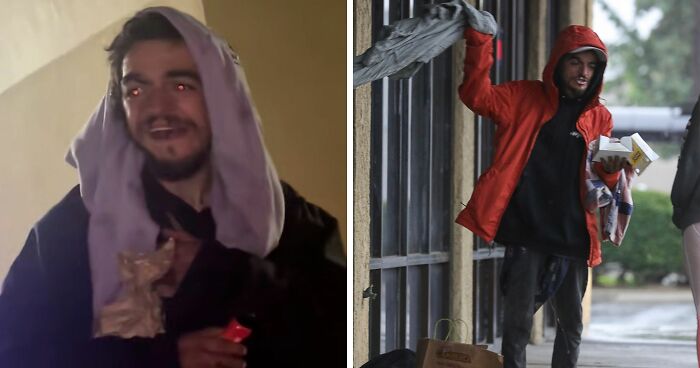
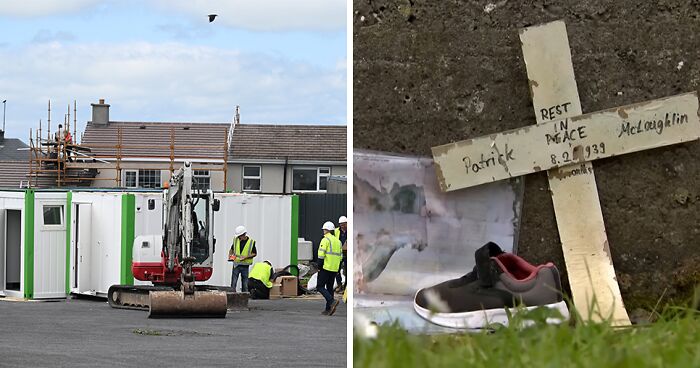
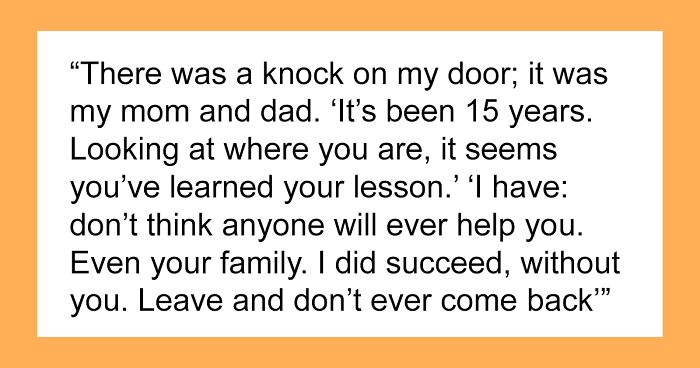


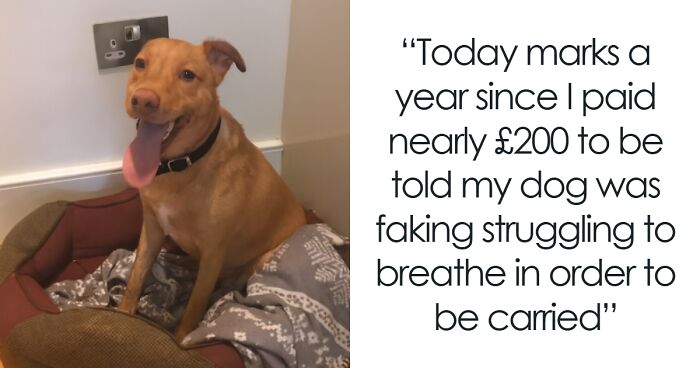
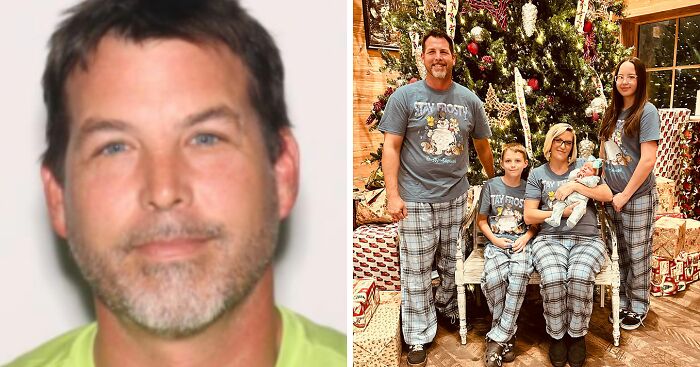

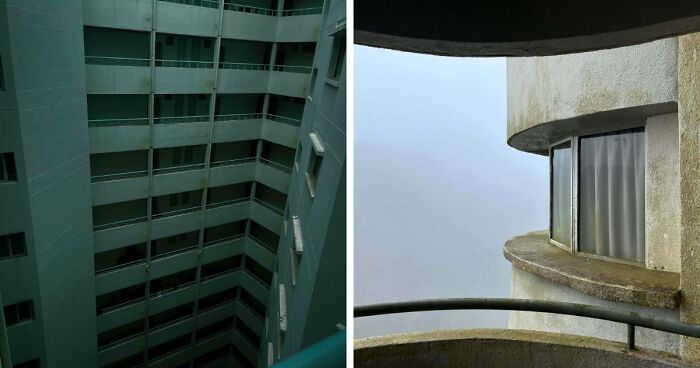
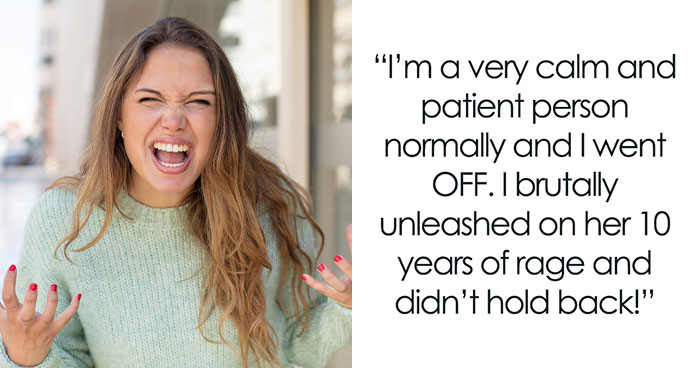

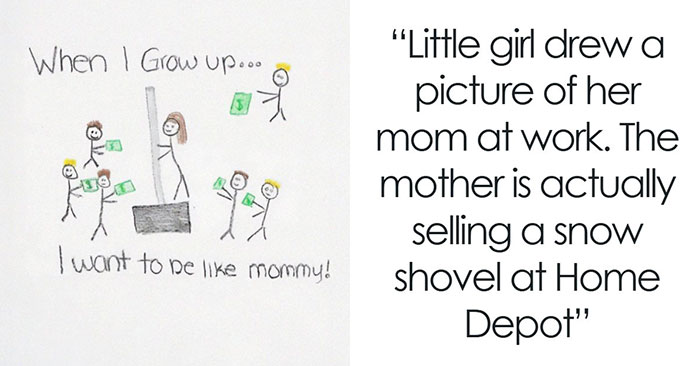


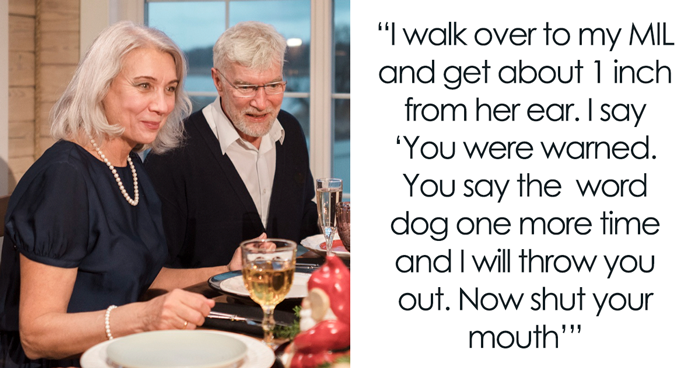

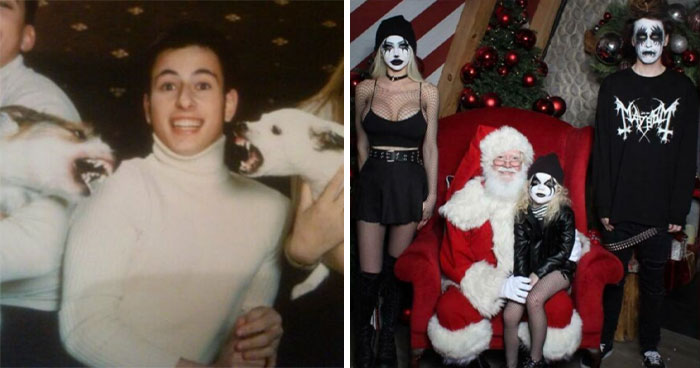
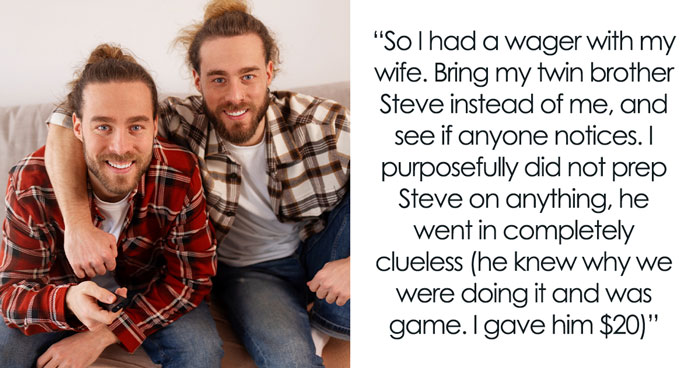
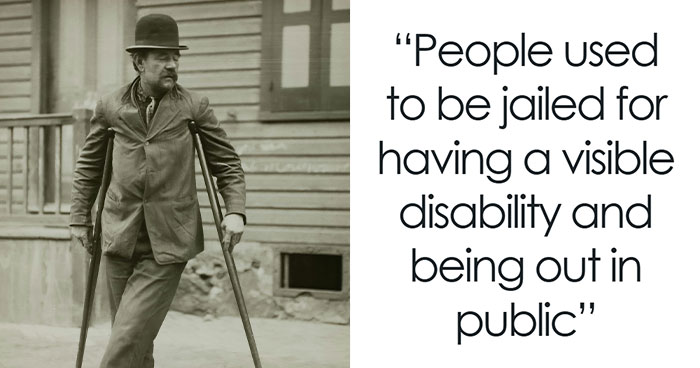





















24
0